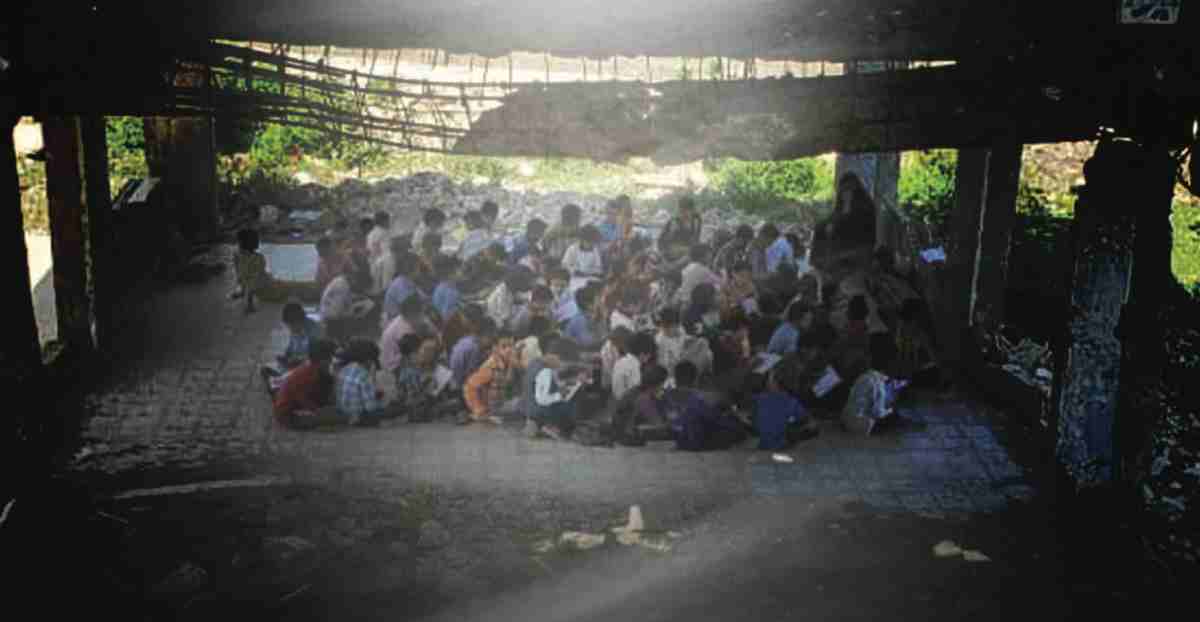

INTRODUCTION
Education is of the essence to the lives of individuals, society, and the state. Education trains the human mind on how to think and gives it the ability to distinguish between right and wrong and how to make decisions. Education is important in the life of society and the state as it moves societies forward towards progress and keeps pace with all new developments in technology and all aspects of life, and achieves the well-being and decent life of individuals, families, and societies. Education informs individuals of their rights and duties. Education has an important role in documenting the history of nations and peoples’ cultures, protecting them from
extinction, raising the social status, and making the individual a measure of responsibility, except that the situation is completely different in Yemen. In this report, we will talk about the situation of primary and secondary(1) education inthecountrythathasbeenintensifiedbywars for six lean years.
After Ansar Allah [Houthis] seized power at the end of September 2014, the education conditions worsened further. Though the education situation before that date was slightly acceptable, the repercussions of six years of war made it worse.
The war has doubled the burden and risks
(1) In our report, we review the violations that affected school education from the preliminary stage to the end of the secondary stage without going into the violations of university, technical and vocational education, for which we will single out an independent report in the future, because of the bifurcation and breadth of its topics for the researcher and the reader.
7
Published by the American Center for Justice (ACJ)
THE FORGOTTEN CRIME
on school teachers and students, especially with the continuous denial of nearly three million Yemeni children from continuing their primary education due to the war, displacement,(2) school enrollment challenges, the deterioration of living conditions, the loss of many Yemenis of their jobs, and the complete suspension of salaries to 170,000 teachers for four years in areas under the control of the Houthis, except for a small amount of money intermittently paid through UNICEF for a few months in areas under the control of the legitimate governorate.